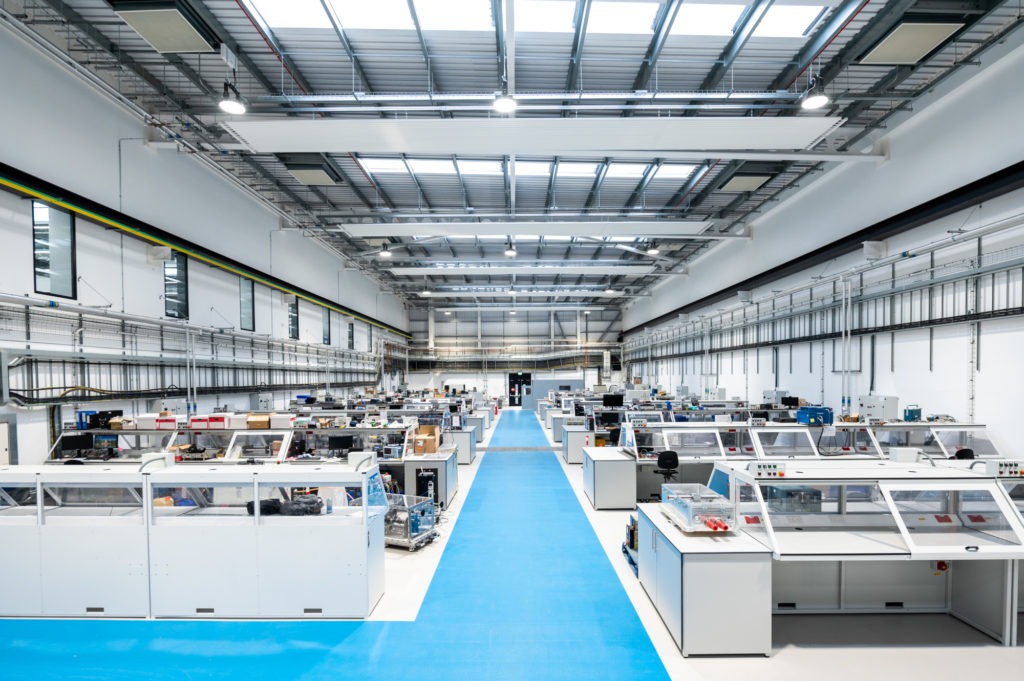Volvo R&D property stolen in cyber attack
14 December 2021

Volvo Cars is carrying out an investigation after an unknown third party illegally accessed one of its file repositories. So far, the car company has confirmed that a ‘limited amount’ of its research and development (R&D) property was stolen during the digital intrusion.
The carmaker explained that given the information currently available, there may be an impact on its operations. After detecting the illegal access, Volvo reports immediately implementing security countermeasures. These include steps to prevent further access to its property, as well as informing the relevant authorities.
Volvo is investigating the incident as it works alongside a third-party specialist to examine the property theft. Based on the latest information, it does not believe there has been an impact on the safety or security of its customers’ cars or their personal data.
Importance of digital defences
OEMs are having to adapt rapidly to a changing automotive landscape that is dominated by technology. The promise of connectivity and online abilities is alluring, but caution must also be exercised. The sizeable sums invested in R&D must be safeguarded by sturdy digital defences as third parties look to make off with sensitive and valuable information.
But carmakers have more to worry about than their corporate cybersecurity. As vehicles join the internet of things (IoT), making use of new technology like 5G, they too become more open to third parties. Linked to users’ phones, covered in sensors, and possibly even storing payment details, cars are becoming a treasure trove of valuable information. Protecting both vehicle and driver data will be an essential development point for upcoming connected mobility.
This is a message OEMs are gradually taking on board. In November, BMW invested in Upstream Security, a company dedicated to automotive cybersecurity solutions. It provides a data-management platform, purpose-built for the new age of mobility. It uses data from connected vehicles to secure those already on the road against known and unknown cyber attacks.



